Five internationally acclaimed actresses Maxine Peake, Imogen Stubbs, Natascha McElhone, Frances Barber and Jaye Griffiths read from Homer's Odyssey on beaches in Donegal, Derry and Antrim this August, as part of the Lughnasa FrielFest.
Co-curator Liam Browne, of Arts Over Borders, previews the unique site-specific project.
For a festival in 2018 Ireland, the question might be asked, why Homer? What does the the Odyssey and the Iliad have to do with our lives today? But think of the recent story of the humanitarian rescue boat, the Aquarius, stranded in the Mediterranean, its on-board refugees refused safe harbour by Italy and Malta and then think of the perilous eight-year journey by Odysseus to reach his Ithaca. Think of the brutal sieges in Homs, Aleppo and Ghouta, all part of the war in Syria, and then think of the ten-year siege of Troy described in such graphic detail by Homer.
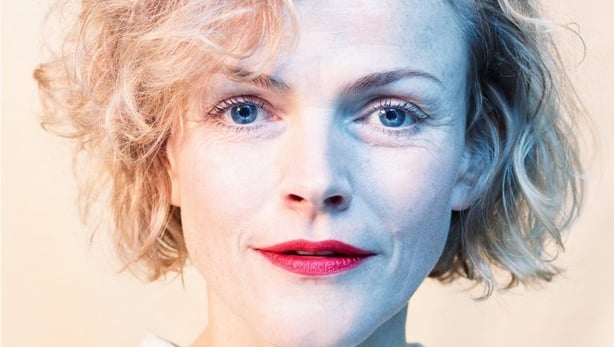
All great art time-travels. Homer wrote about themes that fascinated and troubled both him and his time and they fascinate and trouble us still: identity, home, honour, dignity, suffering, the aftermath of war, human frailty. And Homer in turn fascinated one of our greatest playwrights, Brian Friel - Homer as a foundation myth who shaped a way of thinking that we have inherited. It’s said that Friel read one of the two great epics every year.
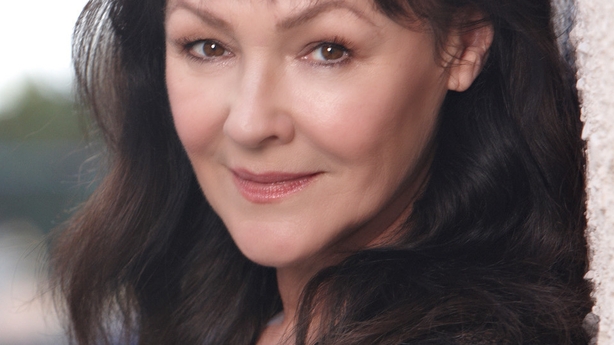
Arts Over Borders (the presenting body for Lughasa FrielFest and the Happy Days Beckett Festival) seeks to curate events which are site-specific and which resonate with place, that offer audiences an enhanced experience because of how and where they are happening. And so this year, as part of AOB’s Lughnasa FrielFest (August 9-19th) Homer’s Odyssey is being transported from its home in the western Greek islands to westernmost Europe, to beaches in counties Donegal, Derry and Antrim - from the wide, expansive strands of Magilligan and Downhill on the Giant’s Causeway Coast to the indented Donegal coastline full of coves and startlingly beautiful peninsular beaches. And where better to move the Iliad’s story of the siege of Troy than onto Derry’s Walls, which once upon a time endured a siege of their own.
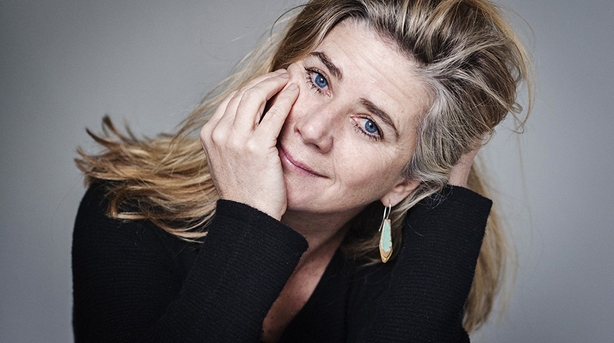
The books complement each other. The Iliad focuses mostly on three days of battle in the one urban location, hence our keeping the readings solely on the Derry Walls, whereas the Odyssey journeys through a convoluted regional seascape, landing upon one island after another. Whilst the Iliad is chronological, the Odyssey move backwards and forward in time, just as our readings move back and forth across the Irish border.
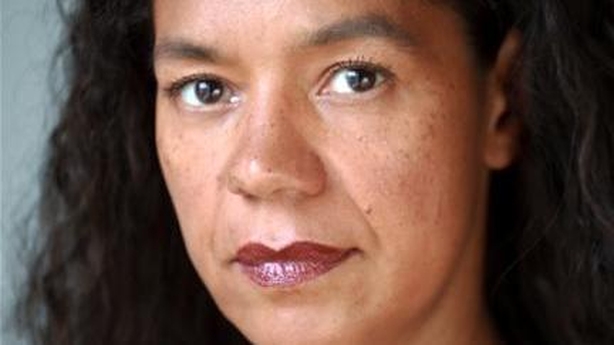
For the Odyssey readings we are using the recent Emily Wilson contemporary language translation (incredibly the first into English by a woman) and we have an all-female line-up of wonderful actors - Maxine Peake, Imogen Stubbs, Natascha McElhone, Frances Barber and Jaye Griffiths. In Derry Niall Cusack will read Iliad excerpts on the very weekend the Apprentice Boys mark the anniversary of the Siege, so the readings will take place within an extraordinary soundscape as beyond the tent the bands march and the drums beat. For each reading, on beaches or on the Walls, a tent is pitched. As audiences approach they will hear Greek musicians performing live and after each reading Greek food and drink will be served.
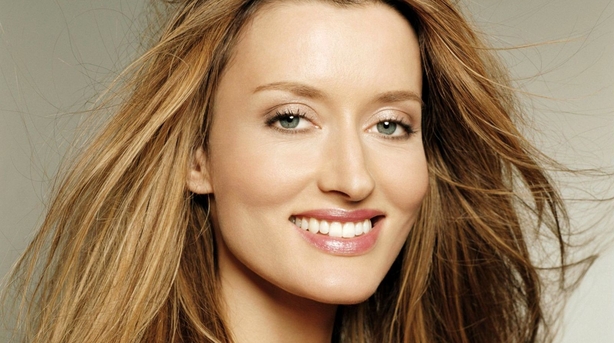
The abduction of Helen sparked a war, only brought to an end ultimately through death and reconciliation. On the long journey home Odysseus and his men undergo multiple trials and tribulations as they look to unite what has previously been sundered, Odysseus and Penelope, families, communities. For us as readers, the realities of war, separations, epic journeys, the ache of home, are being played out before us in our world today in heartbreaking detail - as it is in fiction so it is in fact. But as Adam Nicholson wrote in The Mighty Dead: Why Homer Matters, ‘Homer’s embrace of wrongness, his depiction of a world that stands at a certain angle to virtue, is the heart of why we love him…..We do not want Achilles or even Odysseus to be our model as men. Nor Penelope or Helen as women. Nor do we want to worship at the shrine of Bronze Age thuggery. What we want is Homeric wisdom, his fearful encounter with the dreadful, his love of love and hatred of death, the sheer scale of his embrace, his energy and brightness.’
The 3rd Lugnhasa FrielFest and 6th Happy Days: International Beckett Festival, presented by Arts Over Borders, takes place from 1-19 August - more details here.

